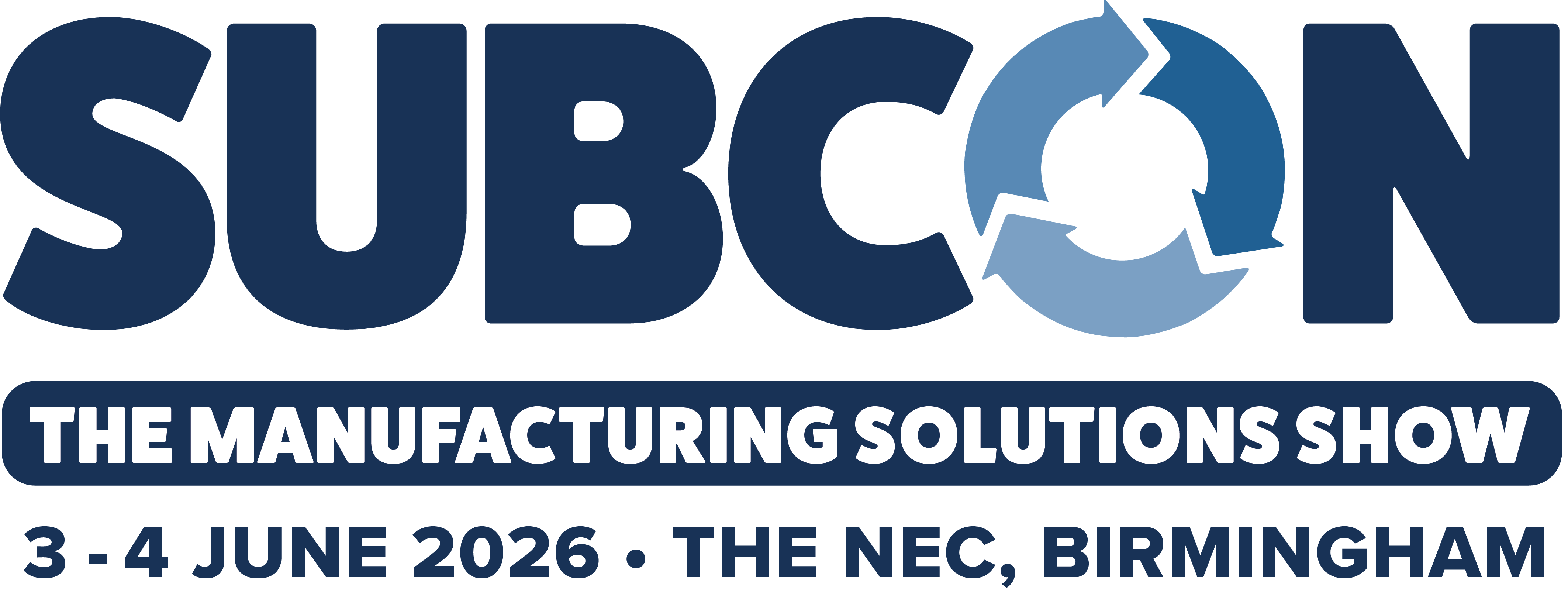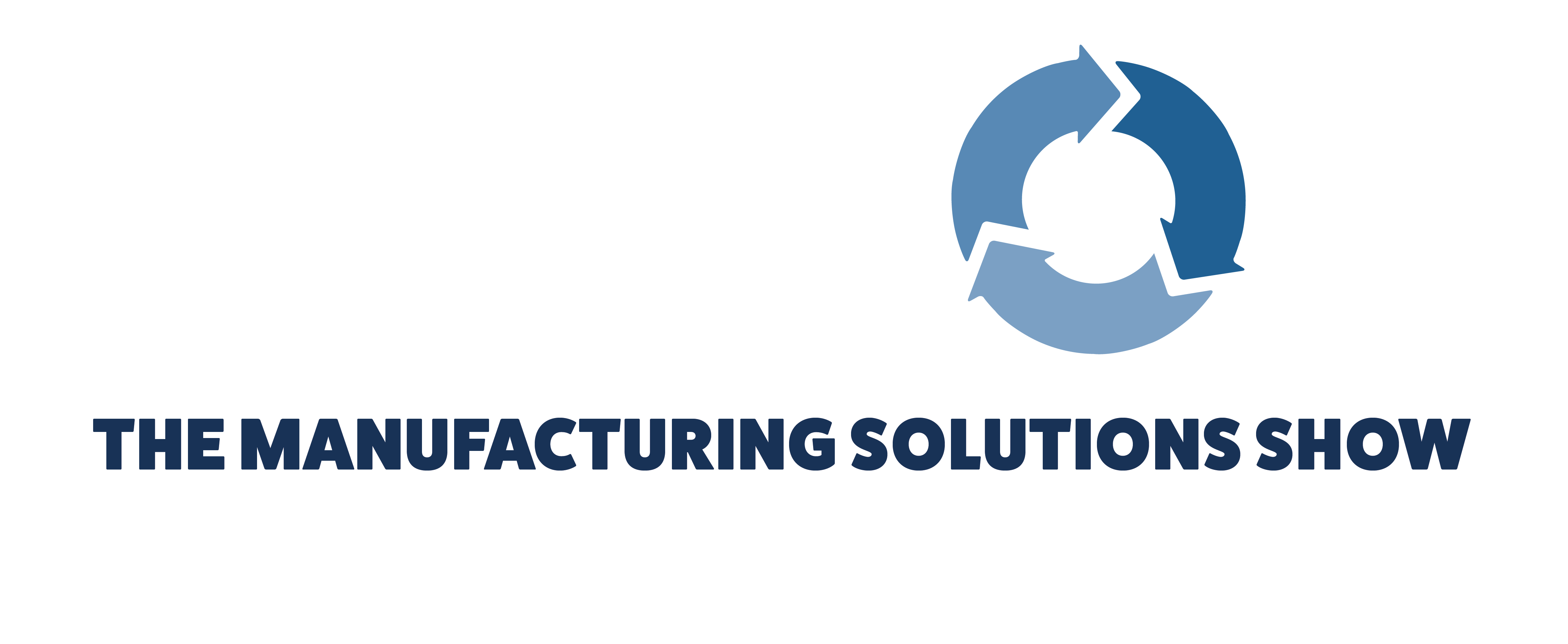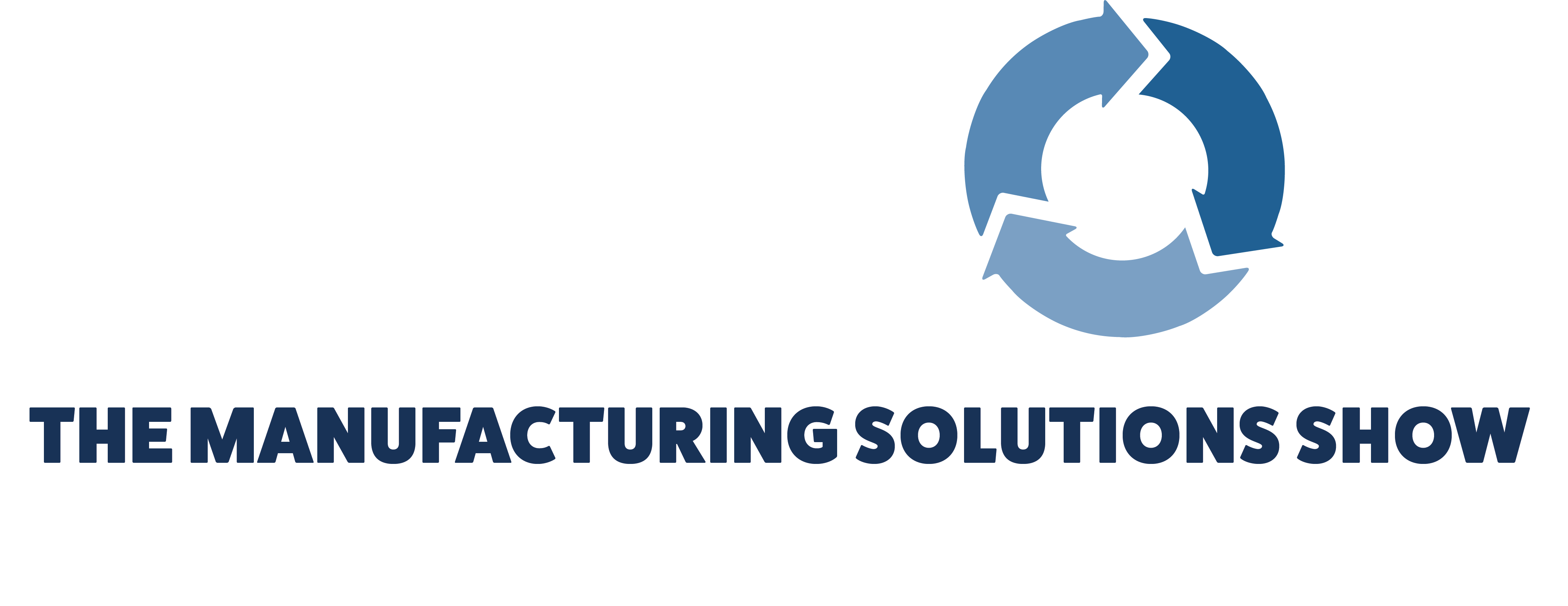Embracing Sustainability in Injection Moulding Processes: A Pledge to Environmental Responsibility
)
In an era where global attention is turning towards environmental sustainability, industries worldwide are actively seeking ways to minimise their ecological impact. The injection moulding sector, a pivotal player in the manufacturing sector, is no exception. This delves into the significance of addressing sustainability in injection moulding processes and outlines how manufacturers, like Dudley Associates Ltd, can make conscious choices to contribute to a greener and more sustainable future.
The Environmental Impact of Injection Moulding
Injection moulding, while incredibly efficient in mass-producing plastic components, has historically been associated with environmental concerns. The use of plastics derived from fossil fuels, energy-intensive production processes, and the generation of plastic waste are issues that require attention. Recognising these challenges is the first step towards implementing sustainable practices in injection moulding.
Material Selection: The Cornerstone of Sustainable Injection Moulding
The choice of materials significantly influences the environmental impact of injection moulding. Manufacturers are increasingly turning to bio-based and recycled materials as alternatives to traditional petroleum-based plastics. These materials not only reduce dependence on finite resources but also help minimise the carbon footprint associated with plastic production.
In addition to considering alternative materials, optimising material usage through precision moulding techniques and reducing material waste in the design phase can further enhance the sustainability of injection moulding processes. Dudley Associates Ltd, a pioneer in injection moulding, is committed to incorporating eco-friendly materials and practices into its operations, contributing to a more sustainable industry.
Energy Efficiency: For a Greener Production
The energy-intensive nature of injection moulding can be mitigated through the adoption of energy-efficient technologies and practices. Investing in advanced machinery with improved energy performance, optimising production schedules to reduce idle time, and implementing energy recovery systems are among the strategies that manufacturers can employ to minimise their energy consumption.
Dudley Associates Ltd, in line with its commitment to sustainability, continually explores and integrates energy-efficient technologies into its injection moulding processes. By prioritising energy-conscious practices, manufacturers can significantly reduce their environmental impact while maintaining high-quality production standards.
Closed-Loop Systems and Recycling Initiatives
One of the most effective ways to address sustainability in injection moulding is the implementation of closed-loop systems and robust recycling initiatives. Closed-loop systems involve recycling production waste and post-consumer products back into the manufacturing process, reducing the demand for new raw materials.
Dudley Associates Ltd actively participates in closed-loop systems as and when we can, promoting a circular economy for plastic components. By investing in recycling technologies and collaborating with recycling partners, manufacturers can contribute to the reduction of plastic waste and promote a more sustainable approach to injection moulding.
Life Cycle Assessments: A Holistic View of Sustainability
To truly address sustainability in injection moulding, it is essential to conduct life cycle assessments (LCAs) for products. LCAs evaluate the environmental impact of a product from raw material extraction to end-of-life disposal. This holistic approach enables manufacturers to identify opportunities for improvement at every stage of the product life cycle.
Dudley Associates Ltd places a strong emphasis on conducting LCAs for its injection moulded products, allowing the company to make informed decisions that prioritise sustainability. By understanding the complete life cycle of a product, manufacturers can implement targeted measures to reduce environmental impact and promote a more sustainable future.
Forging a Sustainable Future in Injection Moulding
In conclusion, addressing sustainability in injection moulding processes is not just a responsibility but an opportunity for positive change. Manufacturers, including industry leaders like Dudley Associates Ltd, are at the forefront of adopting sustainable practices that prioritise eco-friendly materials, energy efficiency, recycling initiatives, and life cycle assessments.
As the injection moulding sector continues to evolve, a commitment to sustainability will play a pivotal role in shaping its future. By embracing environmentally responsible practices, manufacturers can not only reduce their ecological footprint but also lead the way toward a more sustainable and resilient industry. Together, through conscious choices and innovative solutions, we can build a greener future for injection moulding.
Email: Sales@dudleyassociates.com or Jacob.Taylor@dudleyassociates.com



